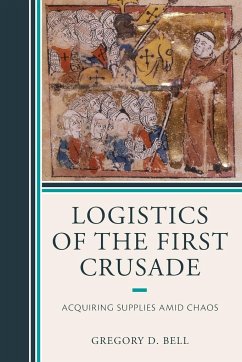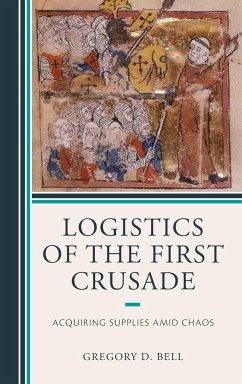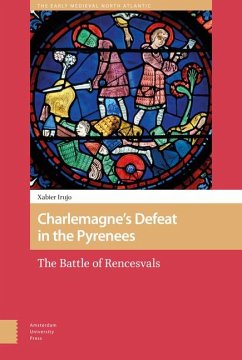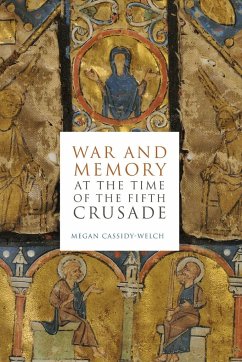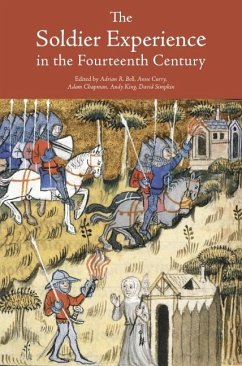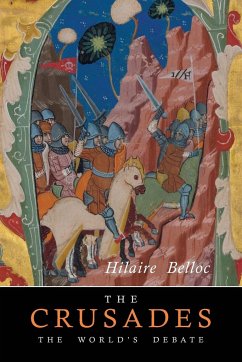
The Crusades
The World's Debate
Versandkostenfrei!
Versandfertig in 1-2 Wochen
17,99 €
inkl. MwSt.

PAYBACK Punkte
9 °P sammeln!
2018 Reprint of 1937 Edition. The basic premise in all of Belloc’s work was that Christianity, especially the Catholic Church, was responsible for much of the advent of western civilization. Regarding the Crusades, Belloc’s major thesis is that after initial military successes, the Crusades were doomed to fail due to the failure to conquer Damascus. In his opinion, Damascus was the key communications center between Muslims in the Middle East and North Africa and Muslims in Mesopotamia, Persia, and Central Asia. Failure to secure this key point meant that Islamic armies could converge on th...
2018 Reprint of 1937 Edition. The basic premise in all of Belloc’s work was that Christianity, especially the Catholic Church, was responsible for much of the advent of western civilization. Regarding the Crusades, Belloc’s major thesis is that after initial military successes, the Crusades were doomed to fail due to the failure to conquer Damascus. In his opinion, Damascus was the key communications center between Muslims in the Middle East and North Africa and Muslims in Mesopotamia, Persia, and Central Asia. Failure to secure this key point meant that Islamic armies could converge on the Christian enclaves. This situation in conjunction with unreliable military reinforcements meant the enterprise was destined to fail.



